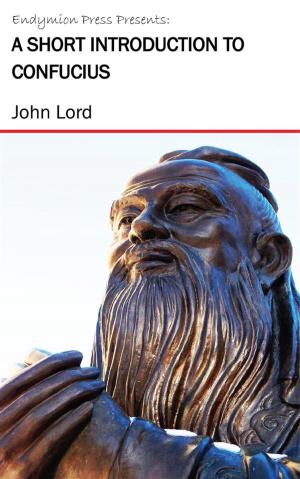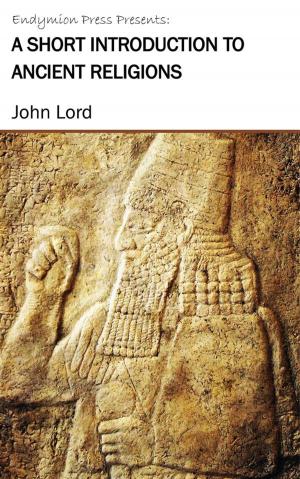| Author: | Phillip Myers | ISBN: | 9781531294779 |
| Publisher: | Endymion Press | Publication: | August 31, 2016 |
| Imprint: | Language: | English |
| Author: | Phillip Myers |
| ISBN: | 9781531294779 |
| Publisher: | Endymion Press |
| Publication: | August 31, 2016 |
| Imprint: | |
| Language: | English |
The early Roman state seems to have been formed by the union of three communities. These constituted three tribes, known as Ramnes (the Romans proper, who gave name to the mixed people), Tities, and Luceres. Each of these tribes was divided into ten wards, or districts (curiæ); each ward was made up of gentes, or clans, and each clan was composed of a number of families. The heads of these families were called patres, or "fathers," and all the members patricians, that is, "children of the fathers."
At the head of the nation stood the King, who was the father of the state. He was at once ruler of the people, commander of the army, judge and high priest of the nation, with absolute power as to life and death.
Next to the king stood the Senate, or "council of the old men," composed of the "fathers," or heads of the families. This council had no power to enact laws: the duty of its members was simply to advise with the king, who was free to follow or to disregard their suggestions.
The Popular Assembly (comitia curiata) comprised all the citizens of Rome, that is, all the members of the patrician families, old enough to bear arms. It was this body that enacted the laws of the state, determined upon peace or war, and also elected the king...
The early Roman state seems to have been formed by the union of three communities. These constituted three tribes, known as Ramnes (the Romans proper, who gave name to the mixed people), Tities, and Luceres. Each of these tribes was divided into ten wards, or districts (curiæ); each ward was made up of gentes, or clans, and each clan was composed of a number of families. The heads of these families were called patres, or "fathers," and all the members patricians, that is, "children of the fathers."
At the head of the nation stood the King, who was the father of the state. He was at once ruler of the people, commander of the army, judge and high priest of the nation, with absolute power as to life and death.
Next to the king stood the Senate, or "council of the old men," composed of the "fathers," or heads of the families. This council had no power to enact laws: the duty of its members was simply to advise with the king, who was free to follow or to disregard their suggestions.
The Popular Assembly (comitia curiata) comprised all the citizens of Rome, that is, all the members of the patrician families, old enough to bear arms. It was this body that enacted the laws of the state, determined upon peace or war, and also elected the king...















